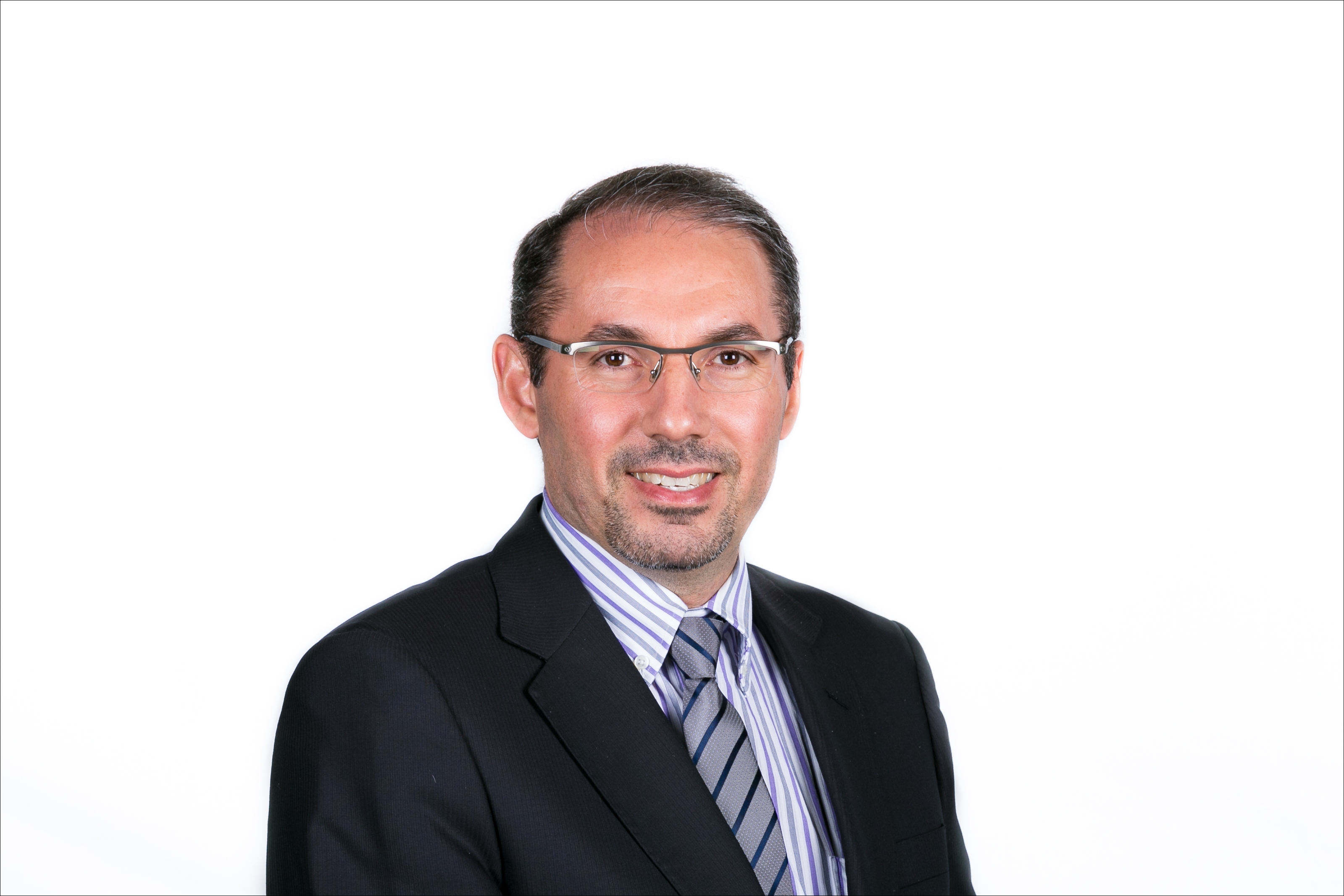Thyroid cancer begins quietly in the thyroid gland, nestled at the base of our necks. This butterfly-shaped gland might be small, but its impact on our body is monumental, regulating everything from our metabolism to our heart rate.
Thyroid cancer comes in various types, primarily classified by the cells from which it originates. Papillary thyroid cancer is the most common, growing slowly and responding well to treatment. Follicular thyroid cancer is more likely to spread to distant organs, while medullary thyroid cancer may have a genetic component, and anaplastic thyroid cancer, whilst rare, is the most aggressive and challenging to treat. Each type presents unique characteristics and challenges, affecting treatment and prognosis.
For many, thyroid cancer does not cause any symptoms. For others, the journey of thyroid cancer starts with subtle symptoms — a lump in the neck, change in voice, difficulty swallowing, or swollen lymph nodes. These signs are often the body’s whisper, signalling something amiss.
What makes thyroid cancer particularly intriguing, and at times challenging, is its predilection for women. According to a 2019 report by the UAE Ministry of Health & Prevention (MoHAP) on cancer incidence, thyroid cancer was among the top five types found in new cancer cases in both genders. Additionally, it was the second most common cancer in females after breast cancer. Women are three times more likely to develop thyroid cancer than men, owing to their different hormonal make up, particularly women in their 40s and 50s, while men typically encounter it in their 60s and 70s. This gender disparity in prevalence underscores the need for targeted awareness and care, a philosophy that Cleveland Clinic Abu Dhabi strongly supports.
Related: Unlocking the full potential of female leadership in healthcare
Prevention and early detection are the silent guardians in the fight against thyroid cancer. While prevention remains an elusive goal due to the unclear origin of the disease, awareness stands as a powerful tool to ensure timely care. Regular check-ups and consultations, especially for those at higher risk, can lead to early detection, significantly improving the chances of successful treatment. “The importance of early detection cannot be overstated,” Dr. Samer El-Kaissi, Department Chair in the Medical Subspecialties Institute of Cleveland Clinic Abu Dhabi emphasises. “It is often the first line of defence in effectively managing thyroid cancer.”
Cleveland Clinic Abu Dhabi has seen 1,068 thyroid cancer patients since 2018 (as of October 2023), showcasing the proficiency of its medical team in diagnosing and addressing these conditions. The hospital stands out as a leading institution for treating complex medical conditions. Diagnosing thyroid cancer requires highly specialised precision, one that the hospital has mastered through a blend of technology and expertise.
“When it comes to diagnosis, we have made significant strides. The application of continuously evolving imaging techniques alongside traditional methods like ultrasound and biopsies, ensures we leave no stone unturned for cancer testing,” explains Dr. El-Kaissi. This meticulous approach to diagnosis is critical, for it lays the foundation upon which a successful treatment plan is built.

Evaluating the expertise of the doctor and hospital is crucial, especially when dealing with complex cases that demand precise diagnostic and treatment skills. A testament to the hospital’s diagnostic acumen is a patient who came to Cleveland Clinic Abu Dhabi with an outside biopsy showing no malignancy. He was re-evaluated by Dr. El-Kaissi and his team, who suspected a misdiagnosis and recommended another biopsy of the thyroid nodule. This revealed and confirmed thyroid cancer, leading to a total thyroidectomy for the patient, thus potentially saving his life.
Related: Advancements in thyroid nodule diagnosis: AI and laser ablation transform patient care
Treatment at Cleveland Clinic Abu Dhabi is not a one-size-fits-all approach but is guided by its multidisciplinary team of world-class experts. “Treatment options range from simple monitoring for nodules, often the first symptom, from those that are benign to more aggressive approaches for cancerous ones. It’s a carefully orchestrated sequence of choices, tailored to each patient’s unique needs by an expert team of endocrinologists, oncologists, radiologists, and surgeons. While surgery remains the backbone of treatment, with the team often removing all or part of the thyroid gland and affected lymph nodes, the journey does not end there,” Dr. Mahdi Shkoukani, Department Chair for Otolaryngology — Head & Neck Surgery Department in the Surgical Subspecialties Institute at Cleveland Clinic Abu Dhabi, explains.

Post-surgery, patients may undergo additional therapeutic care including radioiodine therapy, which is a pill or liquid containing a higher dose of radioactive iodine that shrinks and destroys the diseased thyroid gland along with cancer cells, radiation therapy, using a machine to deliver strong beams of energy directly to the tumour site externally, or even advanced treatments like protein-kinase inhibitors, which are drugs that kill cancer cells and stop their growth. In cases where the cancer is advanced or recurrent, the hospital does not hesitate to employ targeted therapies such as immunotherapy or chemotherapy to ensure the most effective eradication of the disease.
Radiofrequency thermal ablation represents a novel, less invasive approach that serves as a substitute for surgical procedures in treating patients with benign thyroid nodules and recurrent thyroid cancers.
In the realm of research, Cleveland Clinic Abu Dhabi, in collaboration with the National Reference Laboratory (NRL), part of M42, is leading a study on the molecular profiling of thyroid cancer in the UAE population. This local research will be vital in understanding the unique characteristics of thyroid cancer in the UAE population which in turn will be instrumental in guiding future medical and technological innovations.

